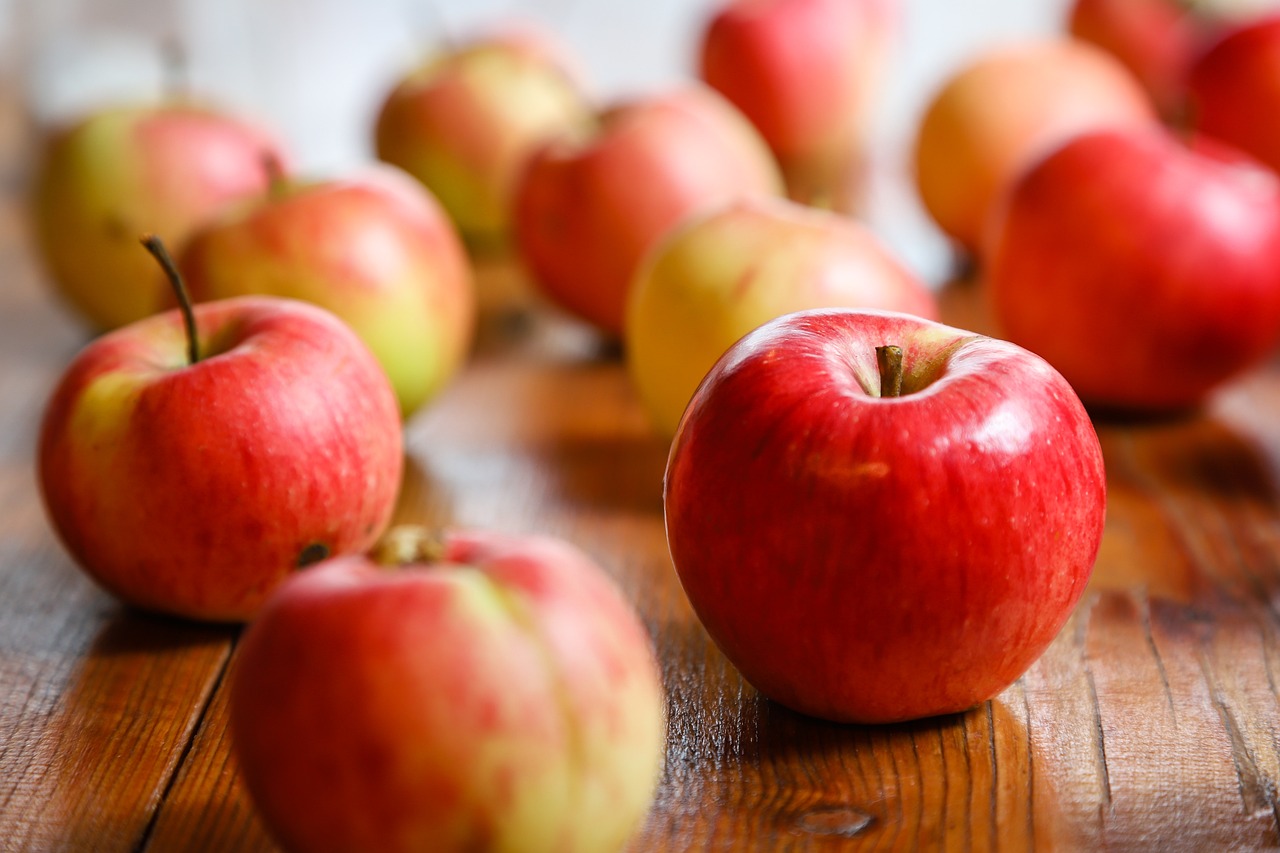In today’s health-conscious world, the term “whole foods” has become increasingly popular among consumers seeking to improve their nutrition and overall wellbeing. Whole foods are minimally processed and ideally organic ingredients that offer maximum nutrition and a plethora of health benefits. As more people shift towards a diet that emphasizes natural foods, understanding what whole foods are and how to incorporate them into your daily routine can make a significant difference in your health journey.
What Are Whole Foods?
Whole foods encompass a variety of foods that are close to their natural state. These foods are generally free from artificial additives, preservatives, and other synthetic compounds. Understanding the categories and characteristics of whole foods can help simplify your grocery shopping and meal planning.
Categories of Whole Foods
- Fruits and Vegetables: Fresh, seasonal produce without added sugars or preservatives.
- Whole Grains: Unrefined grains such as brown rice, quinoa, and whole oats that are high in fiber.
- Nuts and Seeds: Raw or lightly roasted nuts and seeds that provide healthy fats and protein.
- Legumes: Beans, lentils, and peas that are excellent sources of plant-based protein and fiber.
- Animal Products: Organic or grass-fed meats, poultry, and dairy products with minimal processing.
Benefits of Whole Foods
Choosing whole foods over processed alternatives can radically enhance your diet. Here are some notable benefits:
Nutritional Advantages
- Higher Nutrient Content: Whole foods are rich in vitamins, minerals, and phytonutrients.
- Improved Digestive Health: Foods high in fiber promote healthy digestion and regulate bowel movements.
- Weight Management: Whole foods tend to be lower in calories and more filling, which can aid in weight loss.
- Reduced Disease Risk: Consumed consistently, whole foods can lower the risk of chronic diseases like diabetes and cardiovascular issues.
How to Incorporate Whole Foods Into Your Diet
Integrating whole foods into your daily diet can be simple and enjoyable. Here are some strategies to maximize their inclusion:
Smart Grocery Shopping
- Shop the Perimeter: Focus on the outer aisles of the grocery store where fresh produce, dairy, and meat are usually located.
- Read Labels: When buying packaged items, look for products with minimal ingredients and avoid those with artificial additives.
- Buy Seasonal and Local: This often supports local farmers and ensures the produce is fresh and nutrient-rich.
Meal Preparation Tips
- Plan Your Meals: Create a weekly menu that emphasizes whole foods, reducing the temptation of fast food.
- Batch Cooking: Prepare large batches of whole food-based meals for easy access throughout the week.
- Experiment with Recipes: Try new recipes using whole foods to keep meals interesting and varied.
Common Misunderstandings About Whole Foods
Despite their growing popularity, there are several misconceptions regarding whole foods that can lead to confusion:
Clarifying Myths
- Whole Foods Are Expensive: While some organic products may be pricier, many whole foods like grains and legumes are affordable.
- All Natural Foods Are Whole Foods: Not all foods labeled as “natural” are minimally processed; read the ingredient list to confirm.
- Whole Foods Are Only for Specific Diets: Whole foods can benefit everyone, regardless of dietary preference or restrictions.
Cooking With Whole Foods
Using whole foods in your cooking can enhance the quality of your meals. Here are some cooking tips:
Incorporating Whole Foods in Recipes
- Add Vegetables: Incorporate a variety of vegetables into meals, whether it’s in salads, soups, or stir-fries.
- Use Whole Grains: Substitute refined grains with whole grains in your recipes, like using quinoa instead of white rice.
- Snack Wisely: Choose whole food snacks like raw nuts, fresh fruit, or homemade energy bars.
Conclusion
Embracing whole foods is a transformative step toward a healthier lifestyle. By prioritizing these nutrient-packed ingredients, you can enhance your health, support local farmers, and explore new culinary experiences. Whether you’re just beginning your journey or looking to deepen your understanding, making whole foods a cornerstone of your diet can yield profound benefits. Start simple, explore new recipes, and enjoy the abundant flavors and nutrients that whole foods have to offer.






